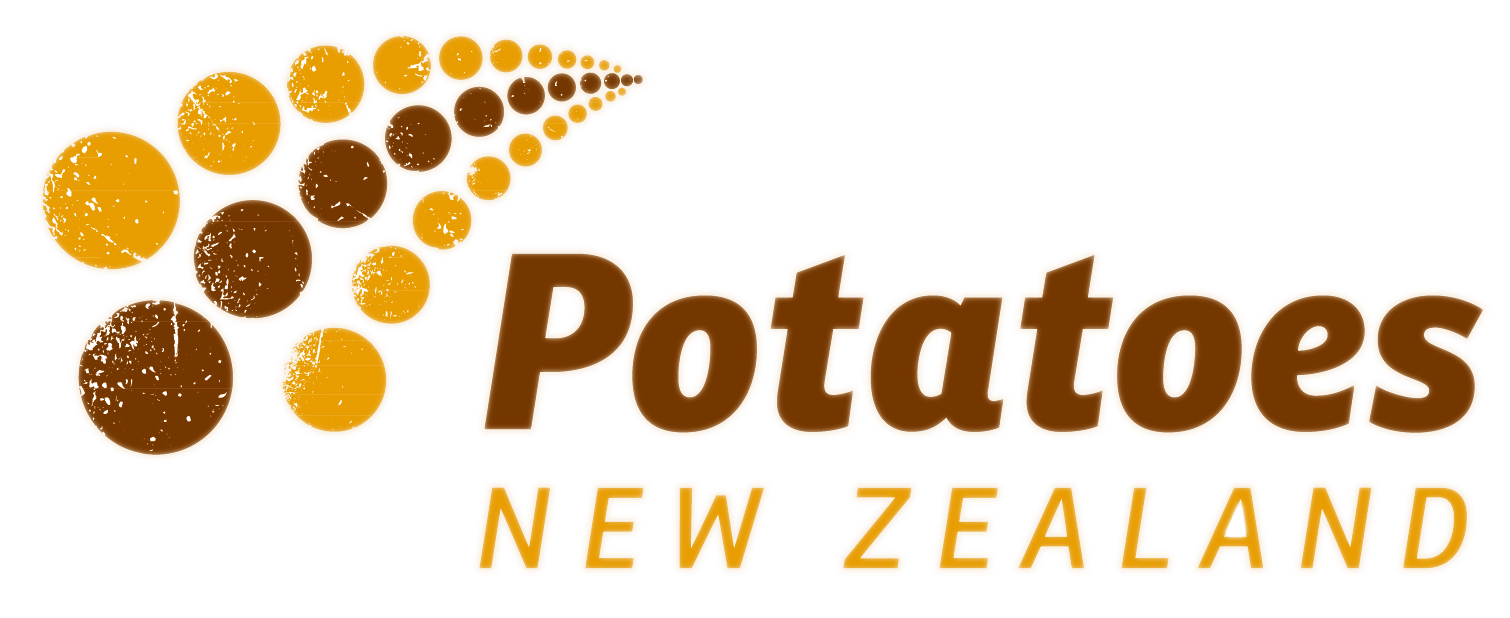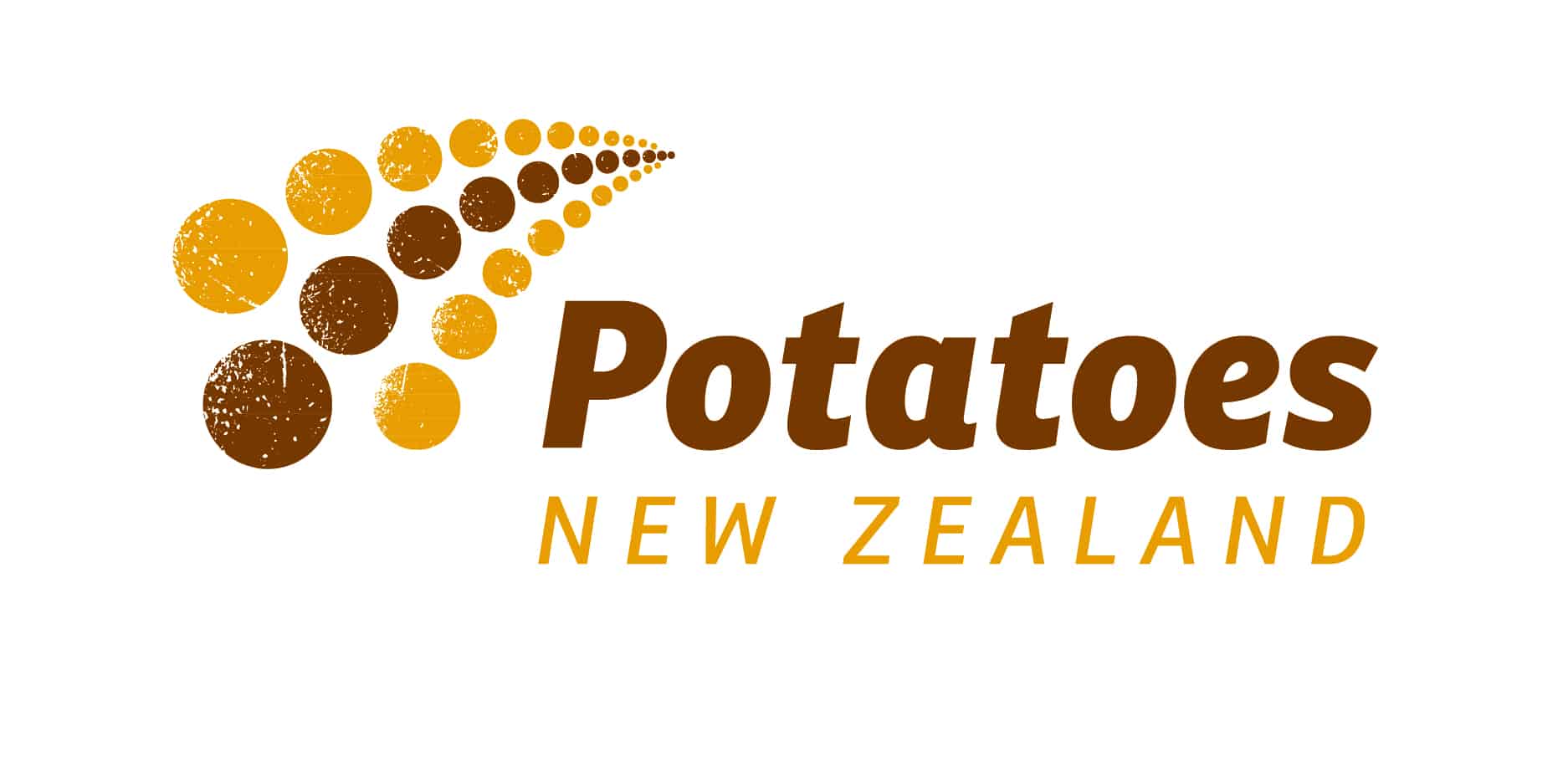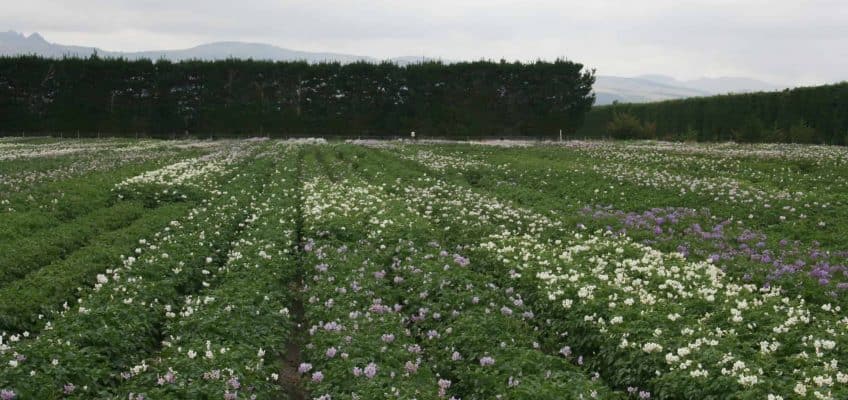Since being contracted to manage the research and development programme for Potatoes New Zealand Inc (PNZ), FAR and PNZ have jointly worked to invest research funds and to leverage
levy funding to gain as much value for potato growers as possible. This has resulted in research projects focusing on a range of issues.
Three years in, we thought this was a good time to reflect on what we have covered and learned to date. We have developed excellent working relationships with some of the key researchers, Plant & Food Research in particular, and have worked in a fully collaborative approach on many of the projects. Some key projects and outcomes are listed below.
FAR managed, Potatoes NZ funded projects:
- Two years of regional TPP insecticide trials. From this we have gained a good understanding of the different thresholds specific to each growing region and developed a robust management plan designed to minimise the risk of insecticide resistance. Potato Update 7.
- One year of TPP late season management. Five trials are being undertaken by Plant & Food Research this season looking at the control of psyllid later in the season and how to manage crop desiccation. It has been exciting to take the research to larger paddock scale trials and use commercial equipment to gather more robust results.
- Three years of in-furrow fungicide soil borne disease trials. These trials have produced similar results in all three seasons, with no evidence of any fungicide treatment influencing potato tuber yield. This project has also increased our understanding of the origin of diseases in potato crops (seed vs soil). Potato Update 8.
- We (Plant & Food Research and FAR) are now two years into a three MPI Sustainable Farming Fund project looking at the impact of soil quality, rotations and disease on yield. Year one results highlighted the effect of compaction and soil quality after certain rotation positions. Year two is focusing more on seed and soil health and again the best rotation position for potatoes for yield and soil health. This project has leveraged $260,000 from MPI’s Sustainable Farming Fund (SFF), to be utilised over three years.
- One year of work on evaluating water use efficiency. Trials investigating irrigation rates and timings showed that replacing 66% of the soil water deficit weekly was the most efficient. These results translate into irrigation cost savings. The trials also highlighted some very challenging issues about irrigating the furrows and run-off from mounds into furrows, where there are very few roots to use the moisture, leading to questions about the water and nutrient losses from these areas. Plant & Food Research have extended this work, with government funds, to investigate potato yields in mounds vs in flat beds.
- Three seasons of TPP degree day graphs prepared by Plant & Food Research. These allow growers to follow the potential number of psyllid generations throughout the season in specific potato growing regions around New Zealand and compare the accumulated degree days in the current season to a hot and cold season.
FAR/Hort NZ projects with PNZ involvement:
- Two years of a three year precision agriculture focused Sustainable Farming Fund project Transforming variability into profitability have fitted and provided data from potato yield monitors at two locations and helped to demonstrate and understand within field variability.
- A three year Sustainable Farming Fund fluxmeter project has allowed us to gather reliable information about what nutrients are being leached below the root zone in our cropping systems.
- A HortNZ led three year project, Don’t muddy the waters, which is developing an improved understanding of sediment loss and the construction and operation of silt traps to collect run off.
- A Hort NZ led project evaluating the potential of Tamaraxia as a biocontrol for psyllid. This has included getting approval to import and evaluate the biocontrol agent.
- N – Measure it and manage it, is a three year MPI SFF project aimed at validating the use of Quick N nitrogen strips as a replacement for mineral N Testing. Potatoes is one of the focus crops for the project, with sites established in Canterbury and Opiki.
FAR also invests in a number of projects which we expect can add value to growers’ businesses. Many of these are in the soil and water area and, for example, include research to evaluate the research in relation to irrigation.
FAR have also worked to deliver results through a range of channels including field days, workshops and Potato Update documents. We have also brought over two international experts to share their knowledge and experience with growers on specific areas of concern.



